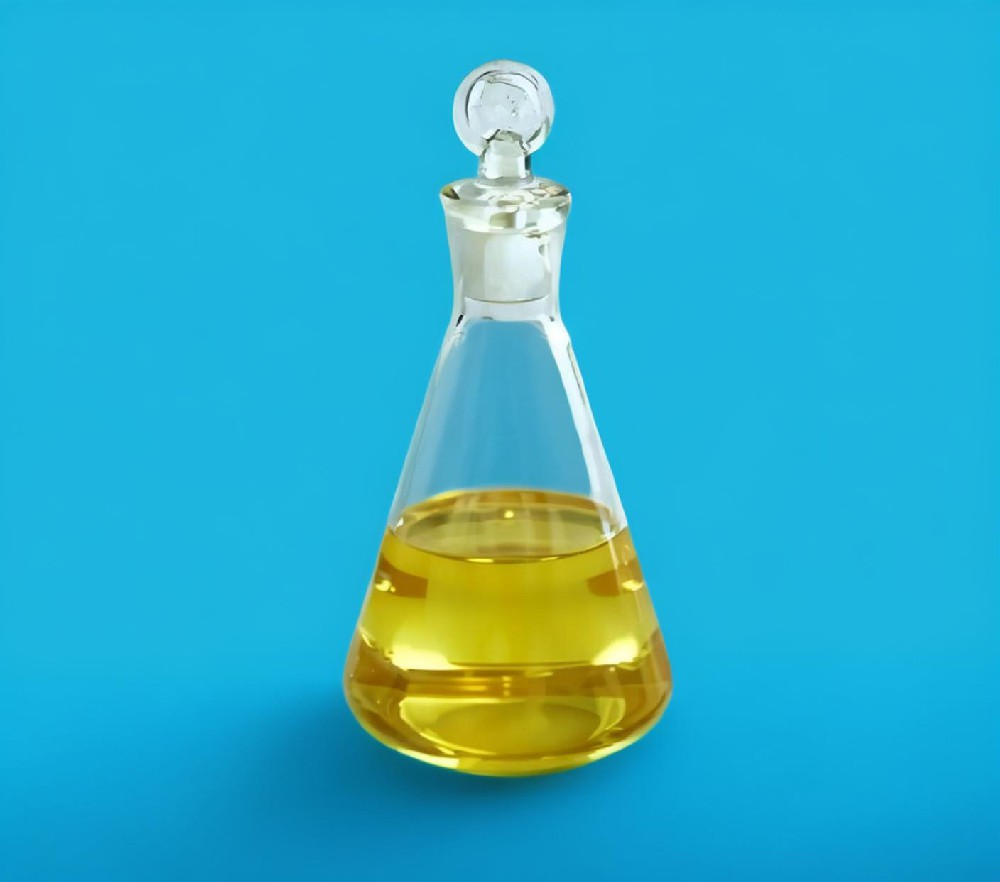
Oleic Acid, scientifically known as C18H34O2, is the most abundant monounsaturated fatty acid (MUFA) found in nature.It is a key component of many animal and plant fats and oils, particularly in olive oil, where it constitutes a significant portion.Characterized by a double bond between the 9th and 10th carbon atom, oleic acid has a clear to light yellow liquid appearance at room temperature with a faint smell.It is insoluble in water but soluble in alcohol and other similar liquids, and it does not break down easily, allowing for long-term storage.
Oleic Acid plays a crucial role in various industries due to its diverse applications. In the food industry, it is known for its health benefits, such as potentially lowering bad cholesterol and raising good cholesterol, thus reducing the risk of heart disease. In cosmetics and personal care, it serves as an emulsifying agent and moisturizer, making it a key ingredient in skincare products. Pharmaceutically, it aids in the transdermal delivery of drugs, important for patches and creams that deliver medication directly through the skin. Additionally, it is used in textiles to soften fibers, making fabrics softer. As a component of lubricants, it helps in smooth operation and rust prevention, especially in synthetic oils due to its heat resistance and longevity.
Oleic Acid also has physiological effects such as activating protein kinase C in hepatocytes, uncoupling oxidative phosphorylation, and inhibiting 2,4-dinitrophenol-stimulated ATPase, which can be reversed by adding serum albumin.It is known to improve immune function and health, with dietary supplements contributing to the reduction of cholesterol levels, atherogenesis risk, blood pressure, and host versus graft response.Oleic acid has also been shown to benefit autoimmune diseases by exhibiting anti-inflammatory action and ameliorating the condition of breast cancer.
